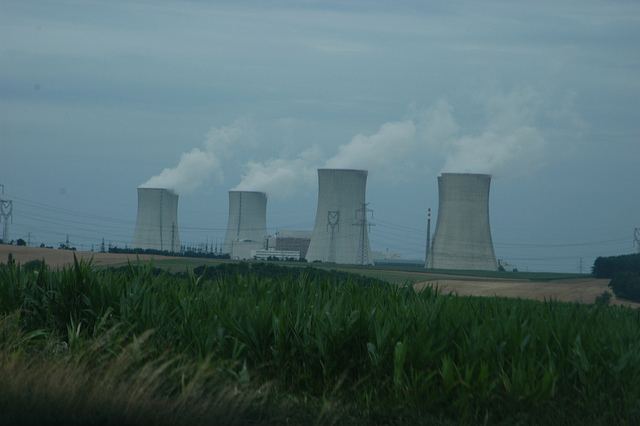
This week, the House of Representatives will take up H.R. 3053, the Nuclear Waste Policy Amendments Act, sponsored by Congressman John Shimkus (R-Ill.).
H.R. 3053 has been approved by the House Energy and Commerce Committee on a bipartisan vote of 49-4. Americans for Tax Reform now urges all members of the House to vote for this bipartisan, commonsense legislation.
Currently, there is no permanent geologic repository for spent nuclear fuel and waste in the United States. The 1982 Nuclear Waste Policy Act was supposed to allow the Department of Energy (DOE) to build and operate a repository, and electricity ratepayers have actually paid over $40 billion to the Department for this project.
However, the repository has not been built yet. This is despite DOE studies in 1987 showing that Yucca Mountain was a top site, and Congress even enacted a resolution designating Yucca Mountain for a repository.
Because a repository wasn’t built before a 1998 deadline, the Department of Energy now owns this waste, and taxpayers have to pay nuclear utilities to store the fuel and waste. In fact, American taxpayers now owe over $34 billion to the nuclear utilities for this storage.
The Nuclear Waste Policy Amendments Act would stop wasted taxpayer dollar and would encourage the storage of the waste in a repository. One possible location for a repository is still Yucca Mountain, and there is a license pending from 2008. The act would resolve the pending license and begin the formal licensing process to determine if the repository can be built.
If the bill is passed, the Department of Energy would also be allowed to start a temporary storage program to consolidate the waste. The act also allows for defense-waste to be quickly removed from Department of Energy sites in order to protect national security. Finally, the Department of Energy program management and organization would be strengthened.
Members of Congress should vote for the Nuclear Waste Policy Amendments Act to end the needless waste of taxpayer resources and electricity ratepayer fees and finally move forward on construction of a waste repository.

